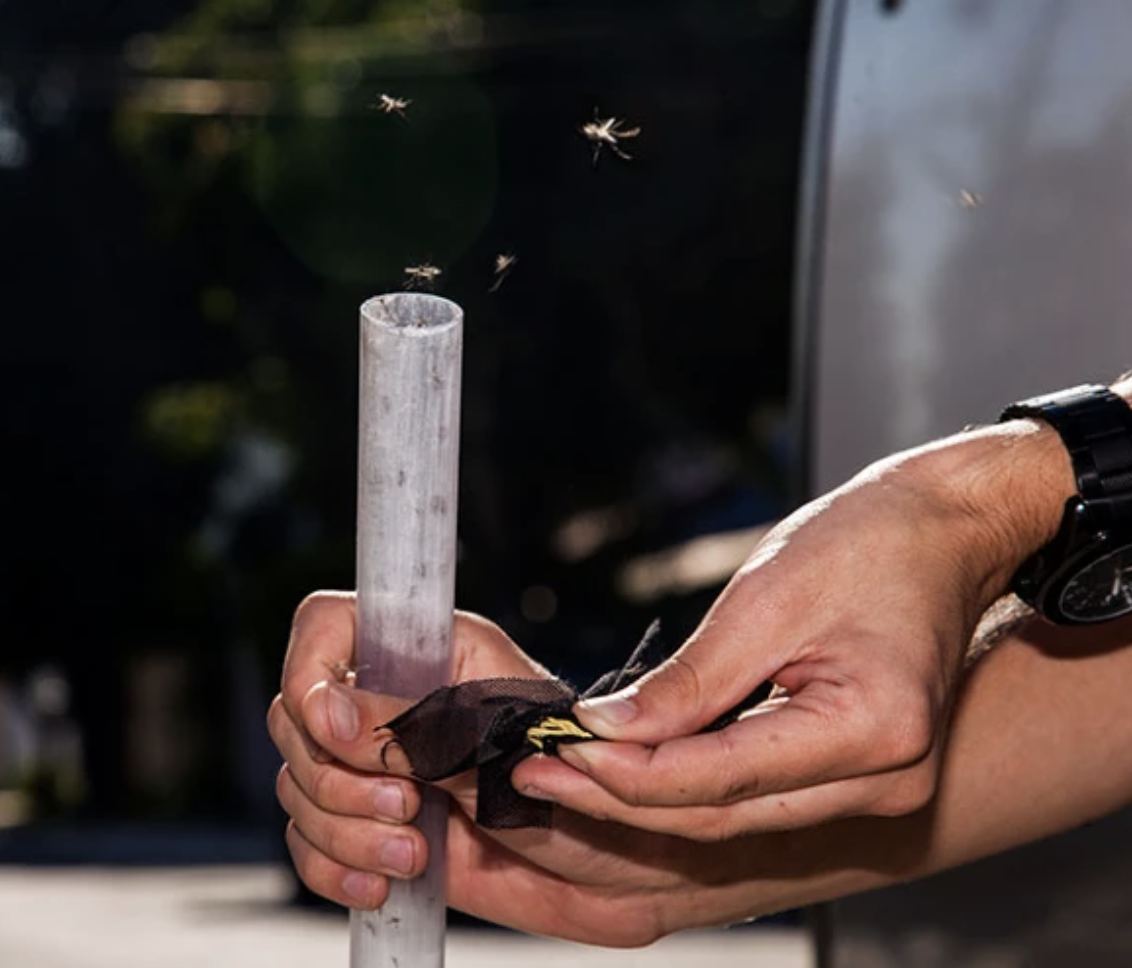Nature Largest-ever deployment of Wolbachia-infected mosquitoes yields ‘encouraging’ results in three densely populated cities. Three cities in Colombia saw a dramatic fall in the incidence of dengue in the years following the introduction of mosquitoes carrying Wolbachia, a bacterium that prevents the insect from transmitting viruses. In neighbourhoods where the Wolbachia mosquitoes were well established, dengue incidence dropped by 94–97%.
The Aedes aegypti mosquitoes were released by the World Mosquito Program (WMP), a non-profit organization that has been conducting similar experiments in Australia, Brazil, Indonesia and Vietnam, among other countries. In Colombia, the modified mosquitoes were released in one of the country’s most populous regions. “That’s the largest continuous releases of Wolbachia [mosquitoes] globally so far, in terms of the population covered and the area,” says Katie Anders, an epidemiologist at the WMP and Monash University in Melbourne, Australia.
Anders presented the results on 22 October at the annual meeting of the American Society of Tropical Medicine and Hygiene in Chicago, Illinois.
‘Real-world effects’
When infected with Wolbachia, the mosquitoes are much less likely to transmit diseases such as dengue and Zika, because the bacteria compete with these viruses. The insects also pass the bacteria on to their offspring. Researchers hope that the modified mosquitoes will interbreed with the wild population wherever they are released, and that the number of mosquitoes with Wolbachia will eventually surpass that of mosquitoes without it.
The WMP first deployed modified mosquitoes in the Aburrá Valley in Colombia in 2015 and gradually expanded the releases until late 2020. Eventually, the cities of Bello, Medellín and Itagüí, with a combined area of 135 square kilometers and home to 3.3 million people, were completely covered. WMP researchers consider an area to be “fully treated” when more than 60% of the local mosquitoes carry Wolbachia. This goal was achieved in Bello and Itagüí. In Medellín, about half of the city’s territory remained below that level.
